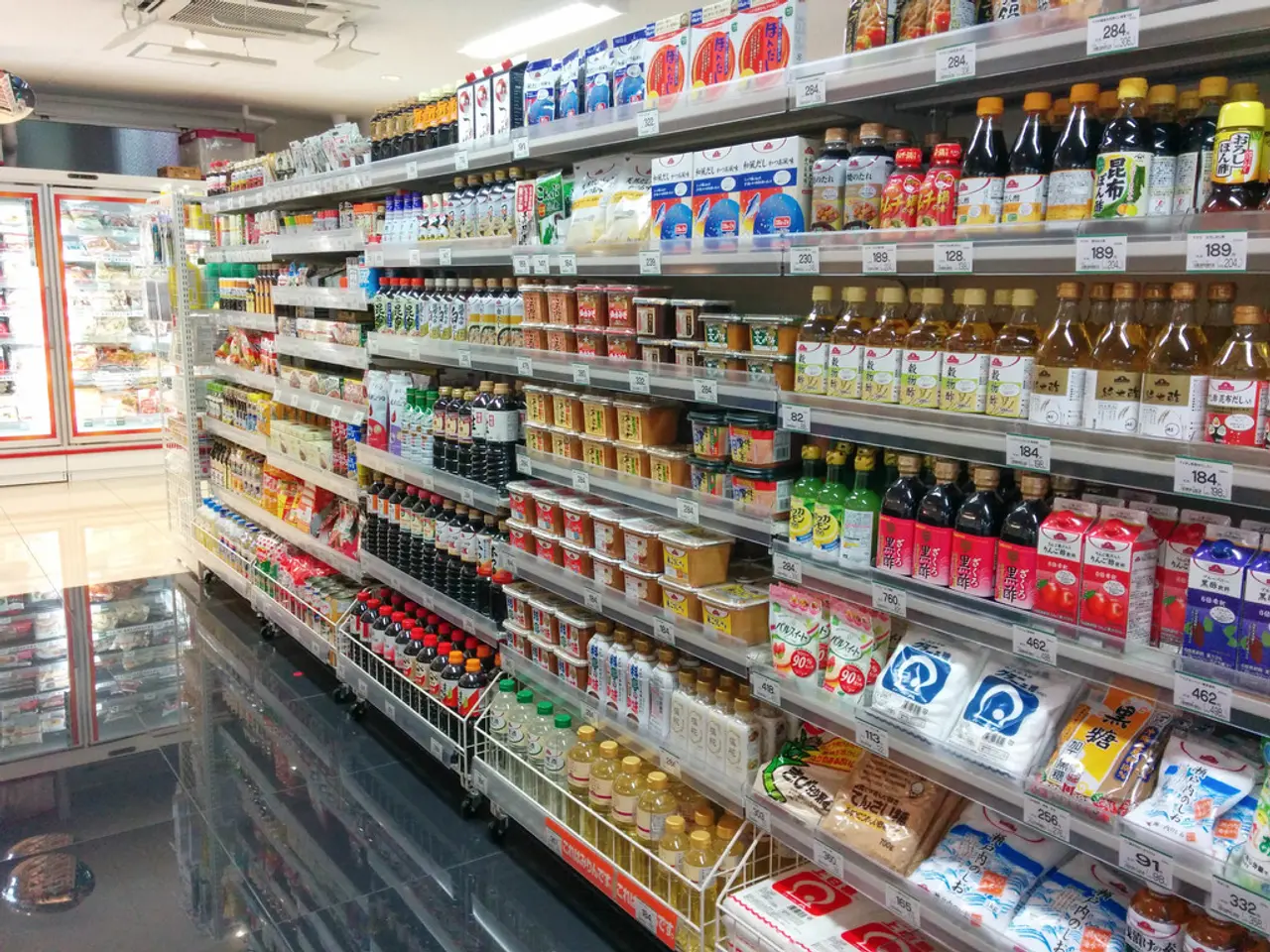Instances of Fraudulent Activities Keep Targeting Ghanaian Instagram Shoppers
In Ghana, the convenience and visual appeal of Instagram have made it a popular platform for shopping. However, as more and more consumers turn to the social media platform for purchases, a growing number of shopping scams have emerged.
According to reports, an estimated 2.2 million Ghanaian users were registered on Instagram in 2024, making it a lucrative target for fraudsters. These scammers collect payments and disappear after a transaction is completed, leaving unsuspecting buyers in the lurch.
One such victim is Rachel, a medical student in Ghana, who paid for a pair of shoes on Instagram but did not receive them. Her account was later blocked, and she was unable to get a refund.
Scammers on Instagram use a similar pattern to deceive their victims. They create accounts with high-quality images of products for sale, insist on upfront mobile money payments, and either not deliver the product or deliver a cheap knockoff.
To protect oneself from shopping scams on Instagram, consumers are advised to verify the seller’s profile, use escrow or secure payment platforms, be wary of impersonation scams, educate themselves about consumer protection laws in Ghana, avoid deals that sound too good to be true, and report suspicious activities.
Maureen Atebawone, a Customer Experience expert, emphasises the need for the establishment and enforcement of local consumer protection laws for online users. She also launched a platform called 'Legit or Scam Ghana' to help consumers report scammers on Instagram.
Despite Instagram's strict policy against fraudulent sellers, they can often skirt these policies by creating new accounts with similar names. This leaves consumers vulnerable to repeated scams.
The Ghana Cybersecurity Authority reported that victims lost at least GHC 3.5 million through online shopping and romance scams in 2023. With an estimated GHC 2 million reportedly lost through online fraud between January and March 2024, it is clear that action needs to be taken.
Advocacy groups and concerned consumers are urging the current government administration to pass the Consumer Protection Bill, which has been in draft form since 2006, to help safeguard and protect shoppers from online fraudsters.
Instagram has evolved into a marketplace for small businesses and entrepreneurs, offering legitimate businesses that provide value for goods and services. However, until stronger consumer protection measures are in place, consumers must remain vigilant to protect themselves from shopping scams on the platform.
- The growth of Instagram in Ghana, extended to general-news sections, highlights the increasing number of general public manipulated by technology-driven crime-and-justice cases, such as shopping scams.
- Technology-driven crime-and-justice incidents, including shopping scams on platforms like Instagram, have risen significantly, putting a spotlight on the need for stricter technology-centric consumer protection laws.




